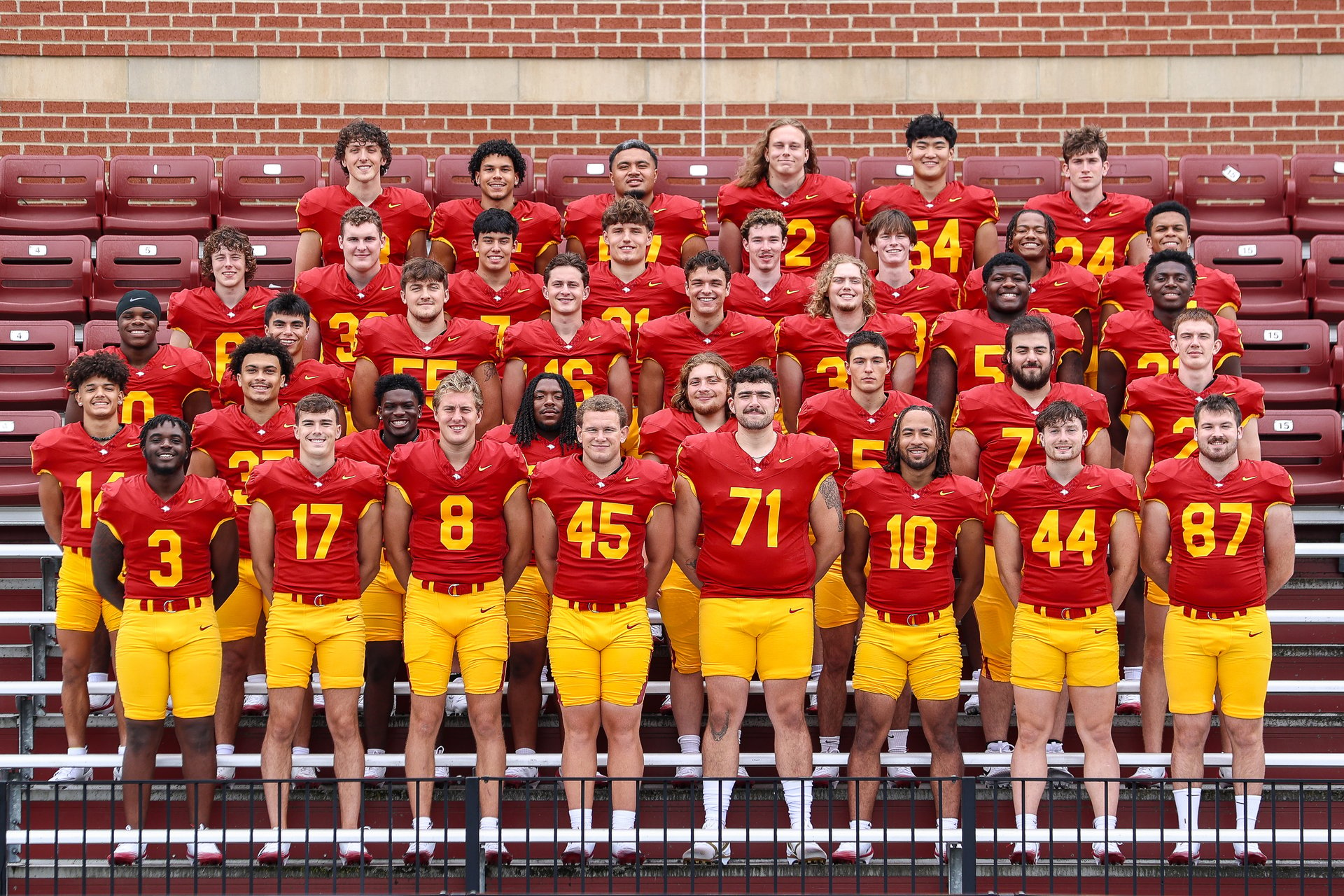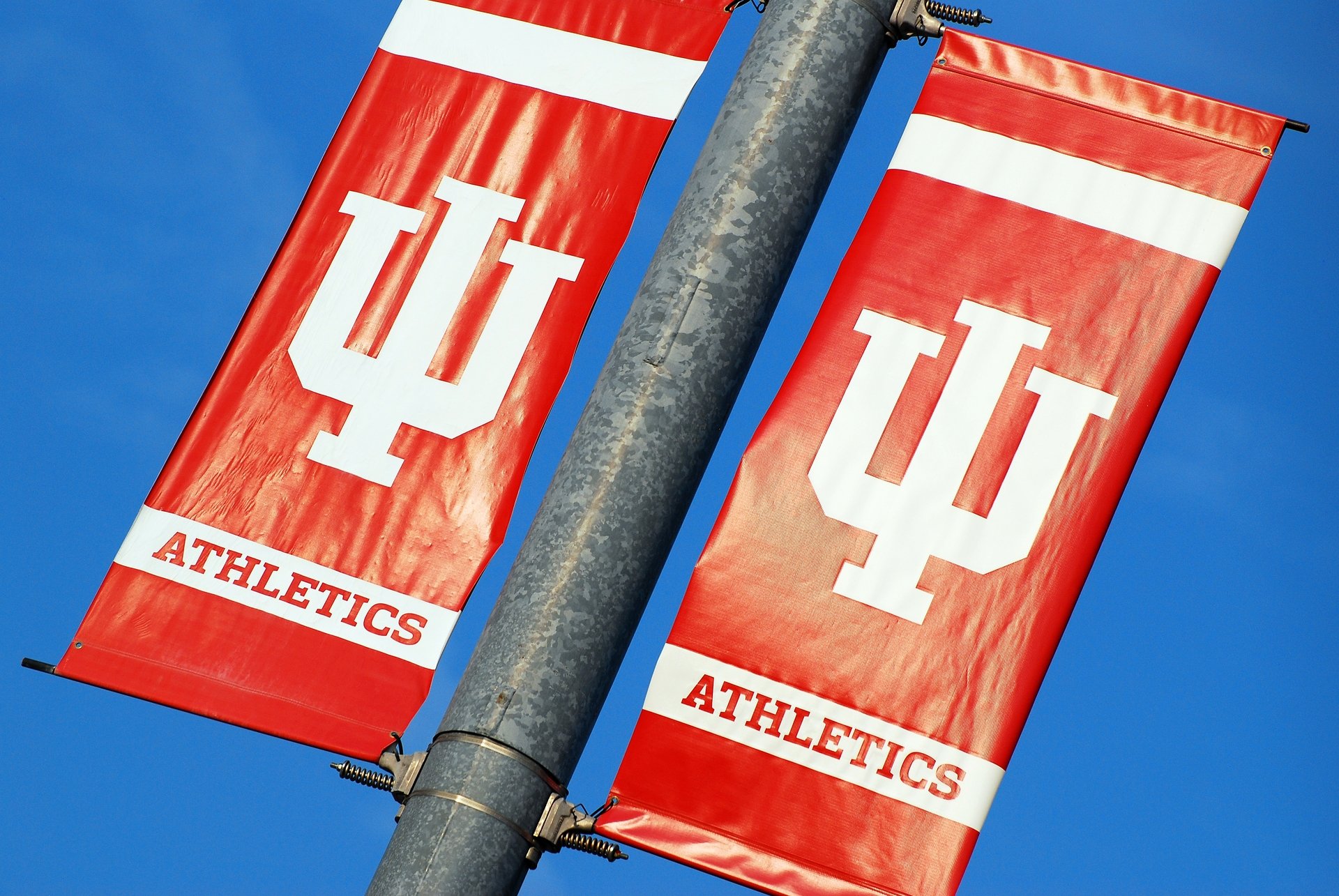Good morning, and thanks for spending part of your day with Extra Points.
Today’s newsletter is brought to you by SUPA:
Better protein = better results
Whether you’re hitting your daily goals or new PRs, you need real fuel that actually works. SUPA Power Protein Shots pack 21g of fast-absorbing BLG whey protein into just 3.4 ounces. No mixing, no mess, no compromise.
💪 21g lactose-free whey protein optimized for digestion and performance
🔋 3g+ leucine for elite recovery and muscle building
😋 Orange Creamsicle flavor tastes like a treat and performs like a champion
✅ Clean fuel with zero sugar or crashes—just 90 quality calories
👌 Fits anywhere: gym bag, work bag, car console—fuel up anytime
Use code EXTRA21 for 21% off SUPA Power shots packed with 21 grams of pure performance.
I’ve lost track of how many congressional hearings we’ve had on NIL-related issues since 2021. On Thursday, we had yet another one, via the House Committee on Energy and Commerce committee. I can understand why smart people who watched it and conclude that this one is just like all the others….full of partisan shots, less-than-informed lawmakers, and no path in sight towards something actually becoming a law.
Here’s Daniel Libit for Sportico:
While the House settlement may represent a turning point in the political debate over college sports, Thursday’s hearing suggested it has done little to foster bipartisan consensus in Congress, where Republicans currently hold a narrow eight-seat majority in the House.
Committee Republicans urged legislative action to restore order to what they described as a chaotic college sports landscape, shaped by conflicting state laws and constant legal challenges from athletes. In contrast, Democrats argued that proposals like the SCORE Act primarily serve to protect powerful institutions at the expense of college athletes’ rights and freedoms.
The hearing also hinted at the potential for increased polarization, particularly with former President Donald Trump now expressing interest in the issue—an involvement that could inject both political energy and deeper partisan rancor.
This particular hearing was to discuss the proposed SCORE Act, one that would, among other things, prevent college athletes from being classified as employees, and grant the NCAA the antitrust exemption needed in order to execute the House settlement’s NIL framework without fear of litigation. SCORE would also preempt state NIL laws.
Generally speaking, Republican lawmakers have been more receptive to the idea of granting the NCAA an antitrust exemption to enforce NIL regulations, while Democrats are not. Multiple House Democrats expressed concerns with the proposed SCORE legislation, if not the House settlement itself.
According to Yahoo!, committee chair Gus Bilirakis (R-Fla) is looking for a Democratic co-sponsor of the bill. Perhaps he can find one, perhaps not. But if bipartisan consensus is lacking, Billrakis doesn’t actually need any Democratic support to get a bill out of the House. Republicans hold a slim majority, and thanks to three vacant Democratic seats, the GOP can afford a defection or two and still get a bill through with majority support.
I am relatively confident that every single House Democrat will not oppose a bill to bring “order” to college athletics, even if it would represent a significant loss for organized labor. While college athletics reform is an animating issue for a handful of lawmakers, like Rep. Lori Trahan (D-MA), it isn’t for the rank and file of the caucus, who, uh, have other things to worry about right now.
The bigger question is the US Senate, right? Well, maybe
Republicans hold a 53-47 majority in the US Senate. You only need 51 votes to get something actually passed, but you need 60 votes to break a filibuster. Unless Senate leaders decide to really aggressive in trying to sneak college sports reform into some budget reconciliation bill or toss aside other parliamentary rules, a college sports bill will need some Democratic support in the Senate to become law.
I don’t want to speculate on how possible that is when we don’t even have a Senate bill yet (that’s coming soon, and will likely have an awful lot in common with the text of SCORE). It will depend on the specific text of the bill, what else (if anything) the President decides to do, the behavior of a tiny handful of Senators, and whether any number of potential non-sports related problems grab the headlines and attention away from college sports.
But there’s one useful thing to remember about hearings. They don’t show everything.
Congressional hearings are streamed and shown on C-SPAN. In a world where attention is the true currency, a lawmaker hoping to get a soundbite to break through to the world has every incentive to use their time on the mic for their own ends. Congressional staffers from both parties have repeatedly told me that the witness questions in these hearings are more in the service of the lawmakers than they are about trying to educate the public or learn more about policy questions.
The slow and boring back and forth of congressional negotiations? Those aren’t on camera. Just because you don’t see them doesn’t mean they aren’t happening.
Will a bill get done? I don’t know…trying to predict the news cycle of this administration is a fool’s errand. But I know enough to know that what we see on TV isn’t the complete picture. And this story isn’t over yet.
This newsletter is also brought to you by the Extra Points Library
If you work in college sports and need access to contract and salary data, you might use a service like WinAD or other databases. But those can be very expensive, and not always updated quickly.
If you need college sports data, at a price affordable for any D-I or D-II university, check our Extra Points Library. We have over 7,000 AD contracts, athletic department game contracts, vendor deals, and much more, with more documents added every week.

Get the best data at the best price with Extra Points Library.
Here’s what else we’ve published recently:
We published a guest post from a former college sports video producer on where she sees the industry going next.
So the House Settlement is finally approved. What actually changed, and what hasn’t? Part of the reason I’m paying extra close attention to Congress is because I don’t think the NCAA and P4 conferences can achieve lasting labor peace via the House Settlement alone. There will be more lawyering.
Here were my biggest takeaways from my time at NACDA, as athletic industry leaders contemplate new ways to earn revenue and new ways to prepare for an uncertain future.
You can read every Extra Points newsletter we produce, and get access to Athletic Director Simulator 4000, and support independent media, by subscribing to Extra Points.
Thanks for reading. I’ll see you in your inbox on Monday.

















